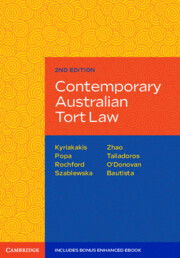This paper focuses on Internet intermediaries’ civil liabilities for contents produced by third parties. By comparing Chinese law with the laws of the US and EU, it argues that the US law grants broad civil immunity to Internet intermediaries, and the EU and China restrict civil immunity to intermediaries but in different ways. This is on account of how, in the US, Internet intermediaries enjoy civil immunity as long as they do not become content providers. In the EU, aside from mere conduit intermediaries, all other intermediaries are subject to the notice-and-take-down mechanism before enjoying civil immunity. In contrast, in China, even after an intermediary properly follows the notice-and-take-down mechanism, it may still be subject to civil liability under the Chinese Consumer Law. Further, this paper argues that the policy priority for the law for Internet intermediaries varies fundamentally in the three jurisdictions. The US law for intermediaries’ liability focuses on protecting freedom of speech. The EU emphasizes the protection of personal information as a fundamental human right. Contrastingly, Chinese policy priority is unclear. Consumer protection has boomed in public popularity and increasingly attracted the attentions of the legislature and judiciary in China. However, it is doubtable that the protection of consumers can provide a prevailing policy support for Chinese law in the same way as freedom of speech and the protection of personal information do under the laws of the US and the EU, respectively.
